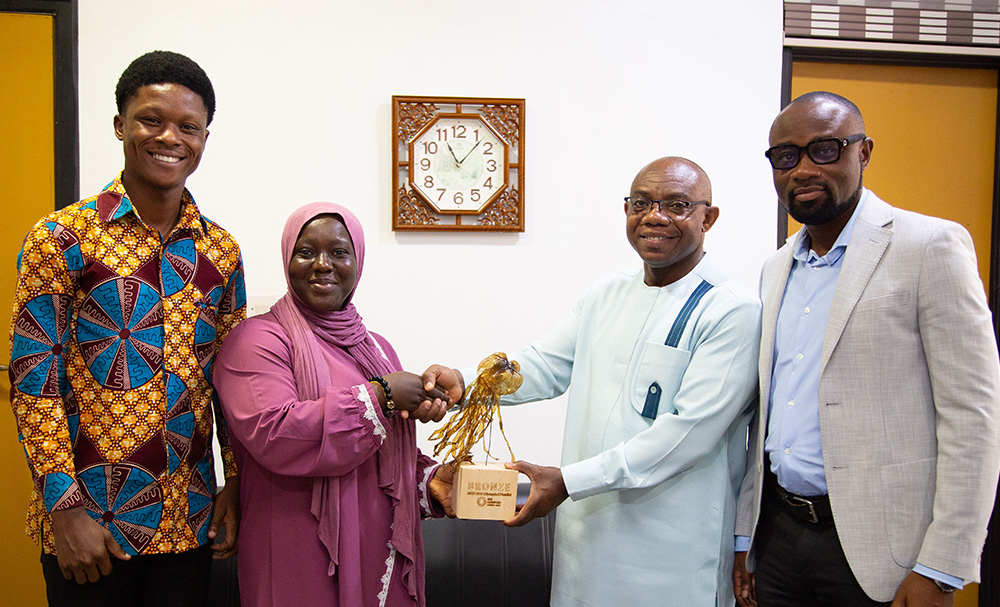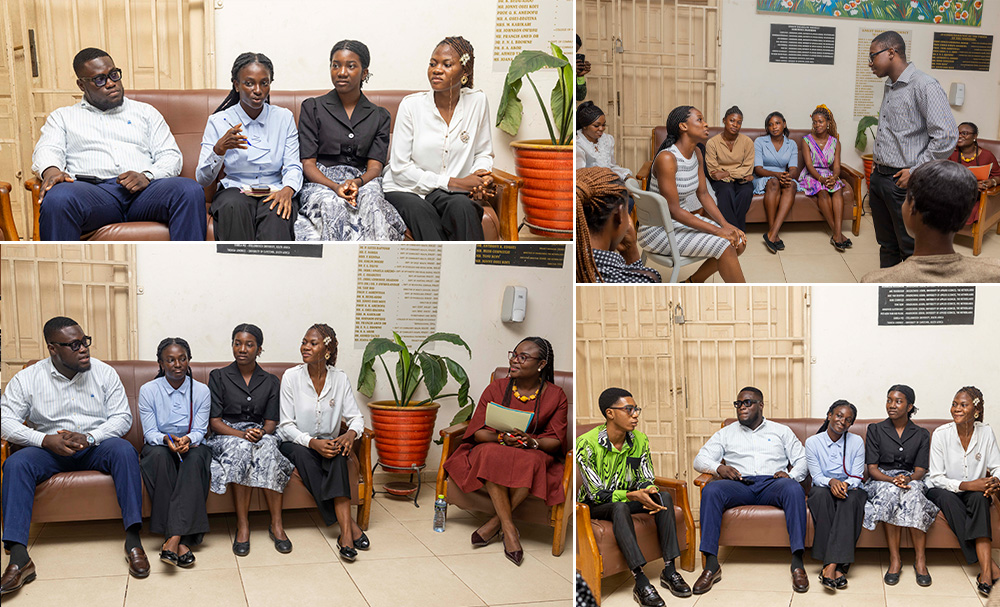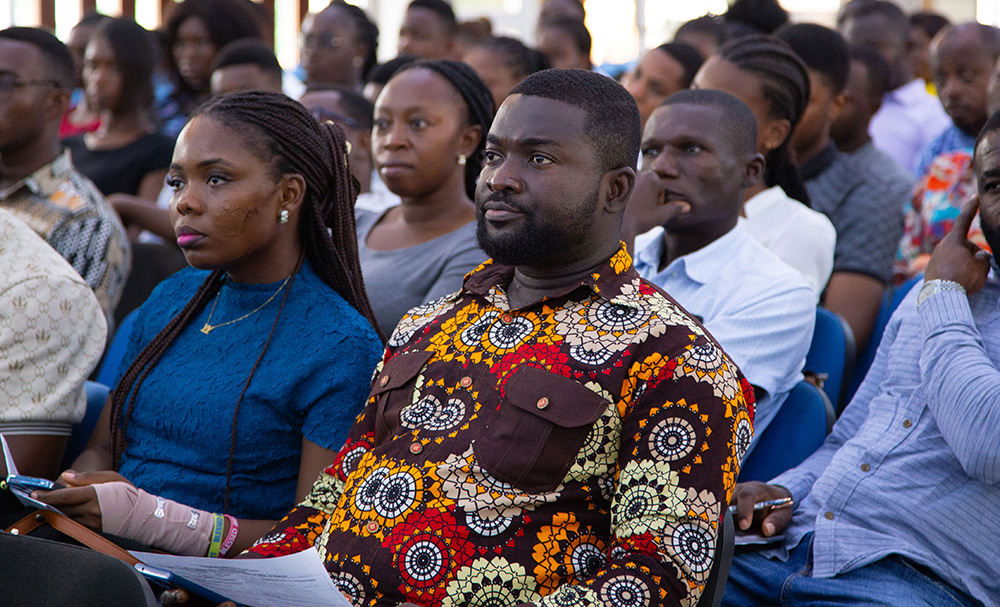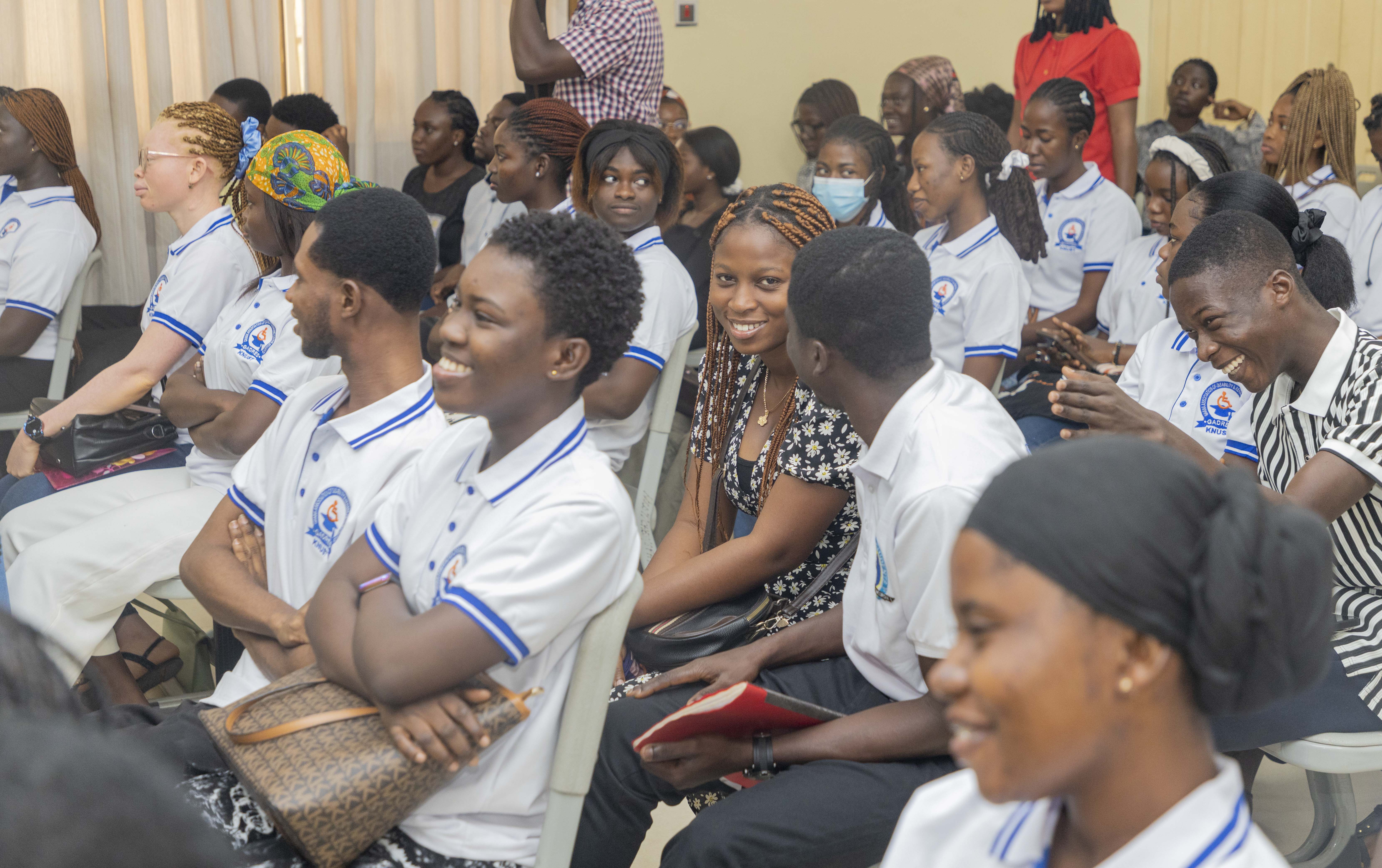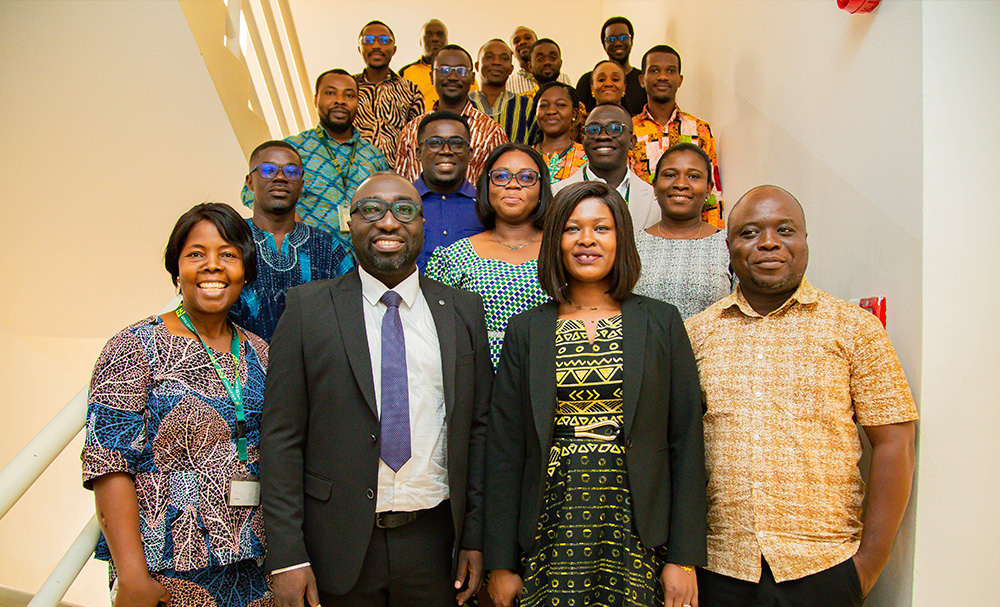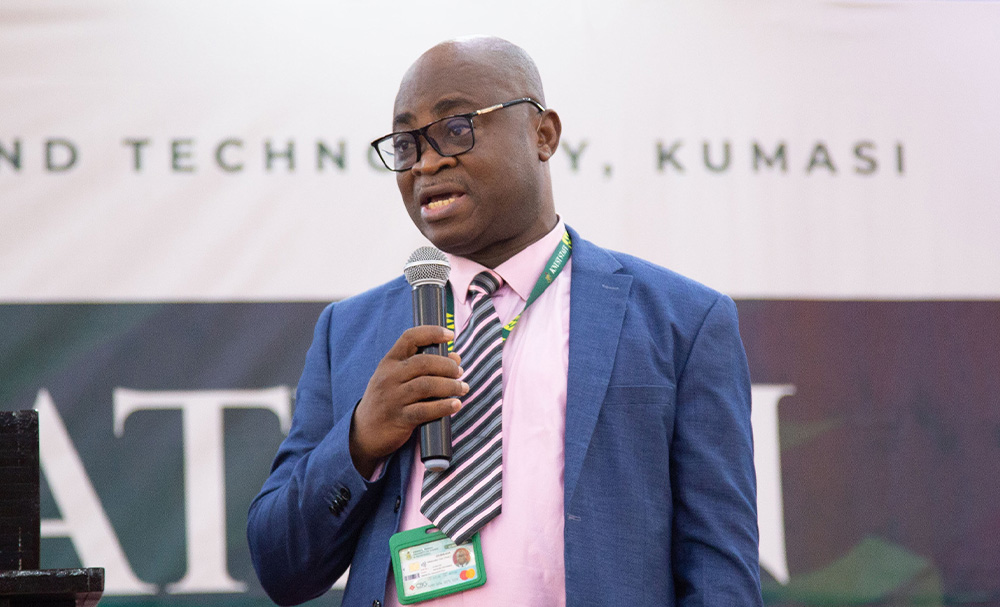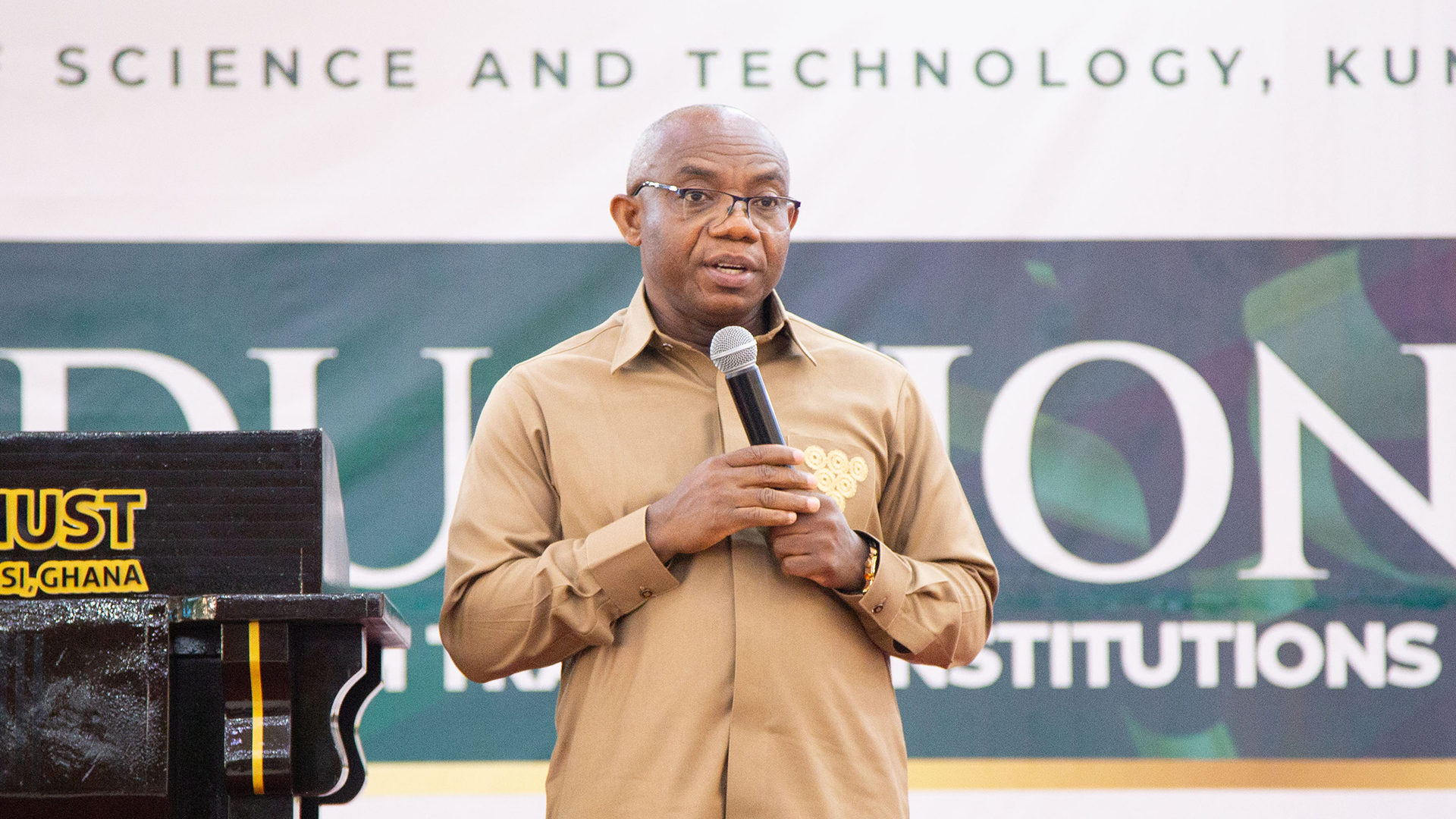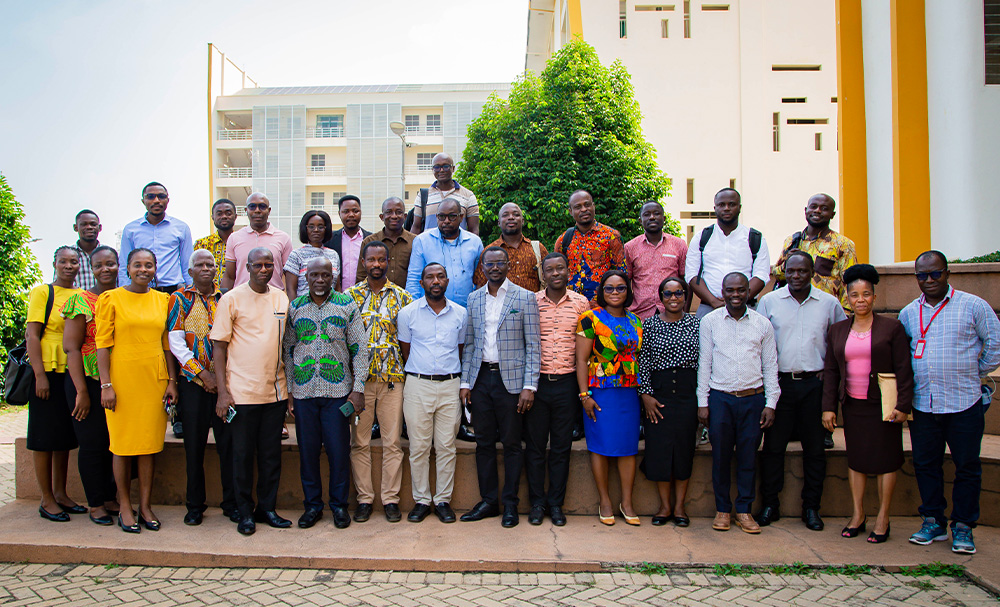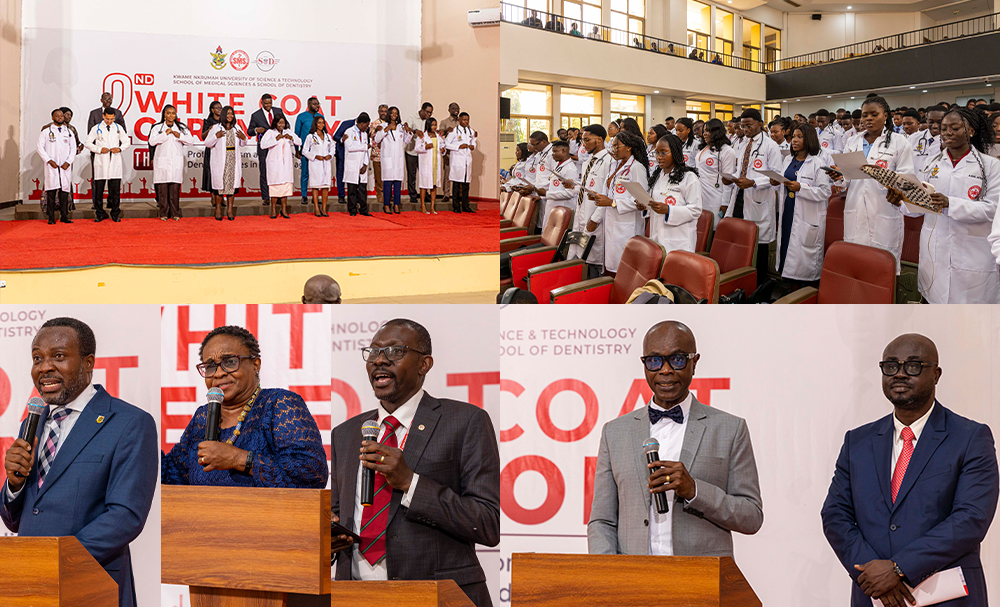KNUST and University of Lagos Forge Strategic Partnership to Standardize Herbal Medicines in Africa
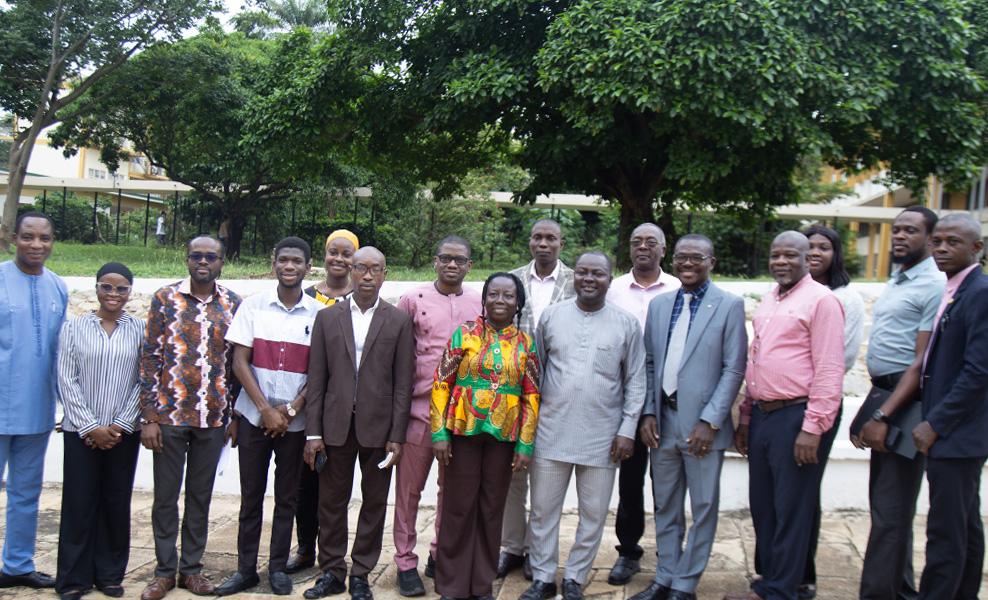
3-Day Workshop at KNUST Equips Scientists with Tools for Quality Control and Safety in Herbal Medicine
In a significant step toward strengthening Africa’s healthcare systems, the Kwame Nkrumah University of Science and Technology (KNUST) and the University of Lagos (UNILAG) have launched a collaborative effort to standardize herbal medicines across the continent.
From July 8th to 10th, 2025, KNUST’s Department of Pharmaceutical Chemistry hosted a landmark three-day training workshop on Herbal Medicine Standardization and Quality Control, drawing participants from academia and industry.
The programme, initiated by UNILAG’s African Centre of Excellence for Drug Research (ACEDHARS), was designed to build capacity among Nigerian technologists and researchers in ensuring the quality, safety, and efficacy of herbal products. With Africa's rich biodiversity and long-standing reliance on traditional medicine, the training addressed a pressing need to align herbal products with international scientific and regulatory standards.
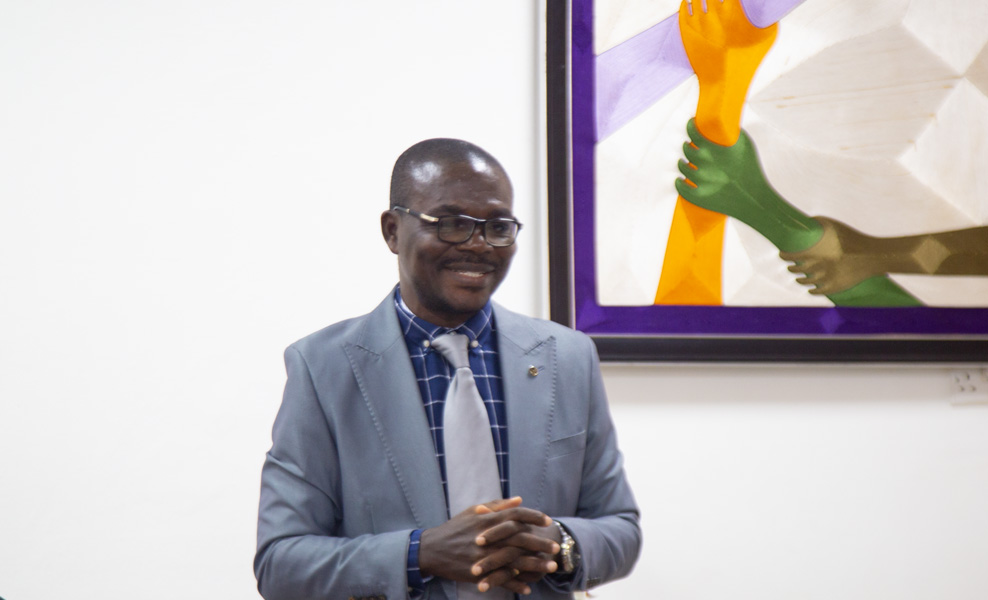
Professor Isaac Ayensu, Head of KNUST’s Department of Pharmaceutical Chemistry, underscored the urgency for improved standardization practices, stating, “Until a herbal drug is standardized, it cannot be deemed safe for patients.” He noted that participants would benefit from hands-on training, expert-led sessions, and collaborative problem-solving to enhance their professional capacity.
Workshop sessions focused on critical areas such as Good Manufacturing Practices (GMP), phytochemical screening, advanced analytical techniques like HPLC and NMR, regulatory documentation, and the harmonization of traditional medicine with modern scientific standards. Practical exercises were complemented by a tour of KNUST’s Central Laboratory, showcasing cutting-edge instruments used in compound identification and quality assurance.
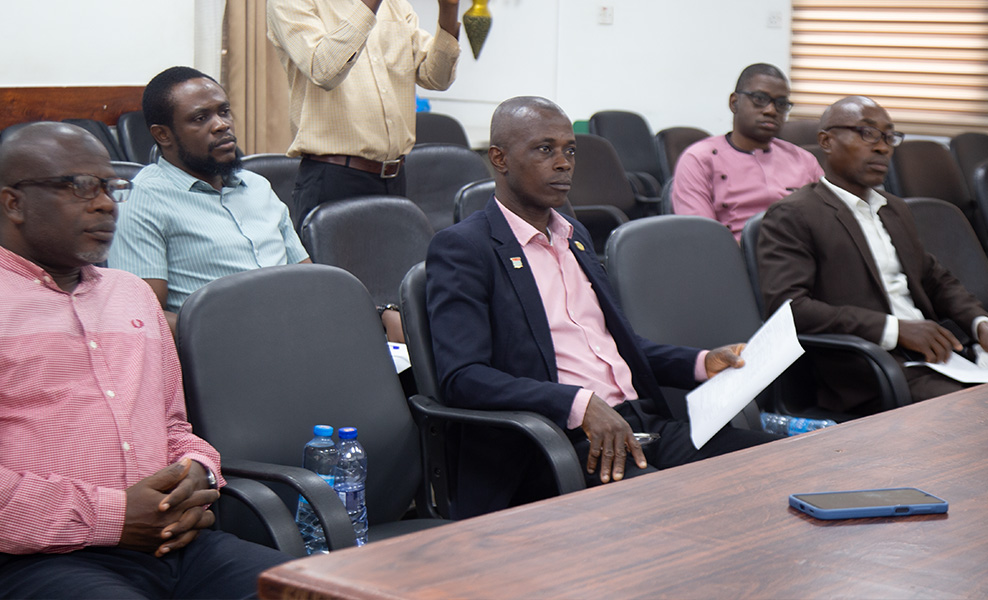
Participants lauded the workshop for bridging theory and practice. “This training bridged the gap between theory and practice. I now understand how to ensure herbal products are safe and effective,” said Nejatu Gandhi Adams, a participant from Nigeria.
As herbal medicine remains a vital part of healthcare for over 80% of Ghana’s population—and millions more across Africa—the workshop served as a clarion call for improved regulations, quality control, and cross-border collaboration. Professor Ayensu concluded the event with an inspiring commitment: “This is the dawn of a pan-African movement for quality herbal medicine.”
Plans are already underway to institutionalize the training as an annual event, with hopes of expanding its reach to other African countries in the years ahead. This initiative marks a significant milestone in pan-African scientific collaboration and reinforces KNUST’s leadership in advancing herbal medicine research and regulation.
